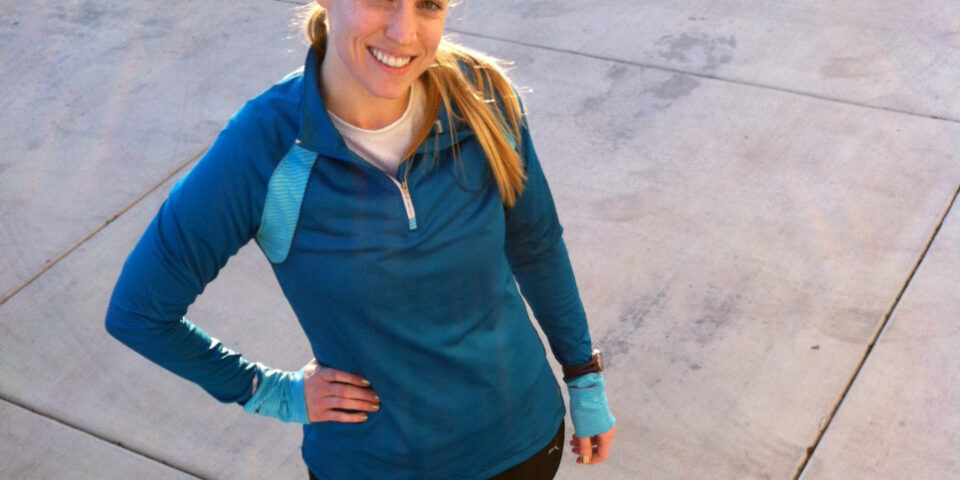My name is Emily. I’m a biologist by training, a feminist by nature, and a vivacious extrovert who loves people, the outdoors, and my two adorable cats.
My entire family has been LDS for many (6 and 9!) generations. I served an 18-month, full-time proselytizing mission at age 21. I earned B.S. and M.S. degrees from BYU. But after nearly 30 years of full activity and participation in the Church, trying my best to ignore or at least be patient with what I saw as repeated patterns (both “cultural” and institutional) of misogyny, sexism, homophobia, racism, ethnocentrism, marginalization of nontraditional families or life choices, and a whole host of doctrinal concerns which had been building in my mind for years, I was starting to question whether there was still hope for the Church. Or, at least, a place for me within the Church.
But the more I heard the deeply spiritual experiences and inspiring faith and testimonies of the women of Ordain Women, the more I wanted to help try to bring positive change to the religious tradition I claim. Contrary to many people’s interpretation of “continuing revelation,” the Church has many strong ancient and modern precedents for righteous requests of the Lord being rewarded with new revelation. Why else would we frequently cite the “members’ preparedness” being a prerequisite for new light and knowledge? I believe that “preparedness” means active involvement and suggesting solutions, as the Brother of Jared did in the Book of Mormon account. I believe that as long as the Church is presided over and administered through Priesthood offices and callings, women will not be adequately represented at any level of governance. The most immediate remedy would be to base priesthood ordination on worthiness and desire to serve, not gender.
I was honored and proud to participate in both Ordain Women actions in October 2013 and April 2014. These women have shown me what it truly is to stand up for what is right, no matter the social or institutional consequences. They trust in their own deep spiritual witnesses and the integrity and morality that they’ve learned as disciples of Christ. They have shown utter confidence that God would not reject those asking with the same faith as the daughters of Zelophehad, the woman of Canaan, Emma, Eliza, and Eve. I’m grateful for their examples and the opportunity to lend my voice to the rising chorus of this sincere and crucial petition.
My name is Emily, and I believe women should be ordained.






